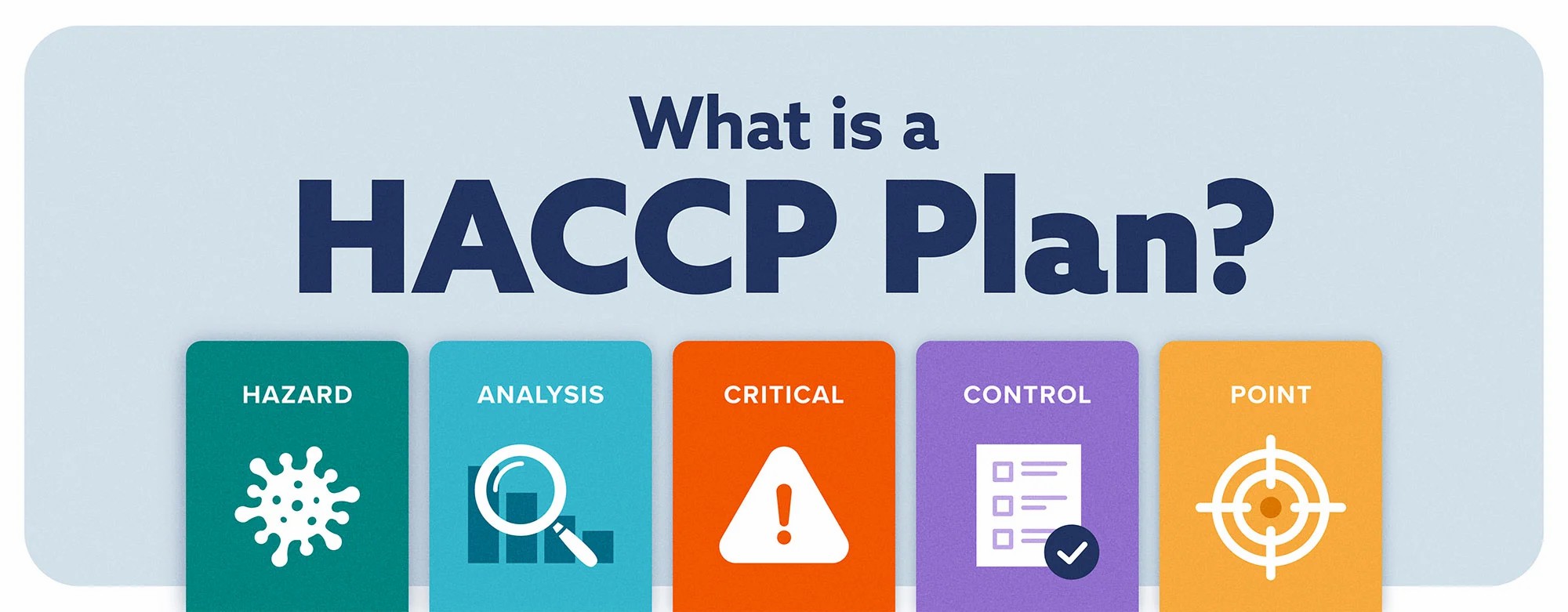Unlocking Food Safety: The Crucial Role of HACCP Certification in Ireland’s Culinary Scene
In a world where food safety is paramount, the Hazard Analysis and Critical Control Points (HACCP) certification has become a cornerstone for restaurants, food manufacturers, and catering businesses across Ireland. Whether you're operating in bustling Dublin, vibrant Cork, historic Galway, or scenic Limerick, Waterford, and Belfast, understanding the significance of HACCP is essential for your business compliance and success.
Why HACCP Certification is a Legal Requirement for Food Businesses in Ireland
The food industry in Ireland is governed by stringent safety regulations designed to protect public health. The EU Food Law requires all food businesses to implement food safety management systems based on HACCP principles. This legal framework ensures that potential hazards are analyzed, and critical control points are identified to prevent any risk of food contamination.
What is HACCP? Understanding its Role in Food Hygiene and Risk Prevention
HACCP is a systematic approach that identifies, evaluates, and controls hazards that are significant for food safety. It lays out seven essential principles:
- Conduct a hazard analysis: Identify potential hazards that could occur in your food business.
- Determine critical control points (CCPs): Find points in the process where hazards can be controlled or eliminated.
- Establish critical limits: Set maximum and minimum limits at each CCP to ensure safety.
- Establish monitoring procedures: Create methods for monitoring each CCP to ensure they remain under control.
- Establish corrective actions: Identify actions to take when monitoring indicates a deviation from critical limits.
- Establish verification procedures: Review and adjust the HACCP plan as needed, ensuring it is effective.
- Establish record-keeping and documentation procedures: Maintain accurate logs to prove compliance and effectiveness.
The Business Benefits of HACCP Training and Certification
Investing in HACCP training can bring numerous advantages to your establishment:
- Legal Compliance: Streamline your compliance with Irish food safety laws, avoiding legal penalties.
- Risk Reduction: Minimize the risk of foodborne illnesses that can tarnish your business reputation.
- Enhanced Food Quality: Maintain high standards, leading to better customer satisfaction and loyalty.
- Improved Staff Training: Equip your staff with essential food safety skills, fostering a culture of safety within your organization.
- Competitive Advantage: Gain recognition as a certified establishment, attracting more customers and partners.
How to Get HACCP Certified: A Step-by-Step Guide for Irish Food Businesses
To obtain HACCP certification, consider the following steps:
- Enroll in a HACCP Compliance Course: Look for the best online HACCP training or in-person courses available for your location.
- Conduct a Hazard Analysis: Evaluate your current practices and identify potential risks.
- Develop Your HACCP Plan: Utilize your findings to craft a comprehensive HACCP plan tailored to your operation.
- Implement the Plan: Ensure all staff is trained and aware of their roles in your HACCP strategy.
- Maintain Records: Keep thorough records to demonstrate compliance and facilitate any inspections.
- Schedule an Audit: Have an accredited body conduct your HACCP certification audit.
Online vs. In-Person HACCP Training: Pros and Cons for Different Business Needs
Understanding the differences between online and in-person HACCP training is vital:
- Online HACCP Training: Offers flexibility, allowing your staff to learn at their own pace while maintaining regular operations.
- In-Person HACCP Training: Facilitates direct interaction with instructors, providing opportunities for hands-on learning and immediate feedback.
Common HACCP Violations and How to Prevent Them
Many businesses face common pitfalls, including:
- Inadequate documentation of processes and monitoring.
- Failure to train staff effectively about HACCP practices.
- Not reviewing and updating the HACCP plan regularly.
To avoid these issues, establish robust training programs and maintain regular audits of your HACCP plan.
How HACCP Compliance Enhances Business Reputation and Customer Trust
Achieving HACCP certification reinforces your commitment to food safety, building trust with customers who prioritize safe dining experiences. This certification can be an integral part of your marketing strategy, showcasing your dedication to quality.
How to Conduct a HACCP Audit and Maintain Compliance
Regular internal audits are crucial in identifying gaps and ensuring ongoing compliance. Engage with third-party auditors periodically to gain an external perspective on your HACCP compliance.
Conclusion & Call to Action
In today’s competitive food industry, obtaining HACCP certification isn’t just a legal obligation—it’s a pathway to enhancing your business's reputation and ensuring public health. Don’t wait any longer to secure the safety of your food practices. Enroll in a HACCP compliance course today to protect your business and your customers!



 349,500 Offered Certificates
349,500 Offered Certificates
 24/7 Online Training
24/7 Online Training
 Money Back Guarantee
Money Back Guarantee
 Fully Accredited Courses
Fully Accredited Courses
